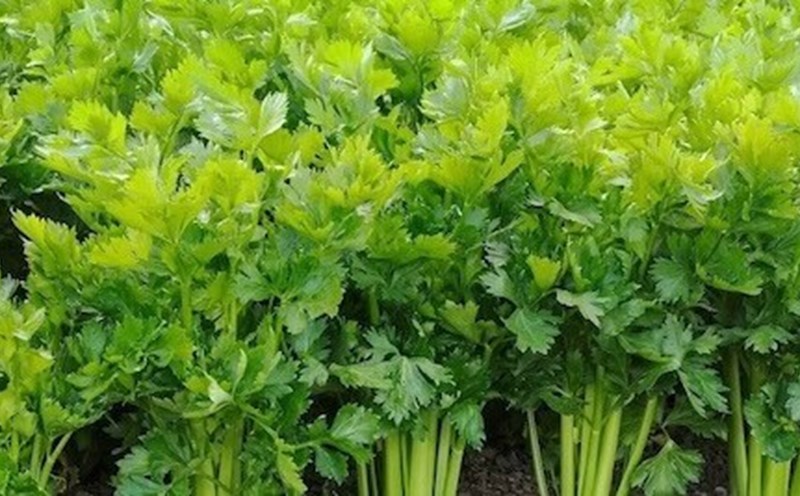According to Healthline, amaranth contains betaine, a compound that can reduce inflammation, promote liver and kidney function in removing toxins from the body. This substance helps lower levels of homocysteine in the blood, a factor that can damage blood vessel walls and affect the filtering function of the kidneys.
The abundant potassium, magnesium and antioxidants in amaranth also help balance electrolytes, reducing pressure on the kidneys, especially in people with a diet high in salt or red meat.
Dr. James Beckerman - a cardiologist at Providence Heart Institute (USA) - said: "B streams help increase blood circulation and improve blood vessel function thanks to natural nitrates. When blood vessels are healthy, the kidneys are also more efficient at filtering blood and excreting waste."
To promote its benefits, nutritionists recommend using amaranth in moderation, about 100-150g/day, which can be juiced, soup or mixed with salad. However, people with kidney stones should be careful because amaranth contains oxalate, which can increase the risk of stone formation if consumed too much.
Adding amaranth to your menu not only helps your kidneys "ease the burden" but also improves your overall health, from rosy skin to immunity. A simple, natural and effective way for the body to be purified from within.











